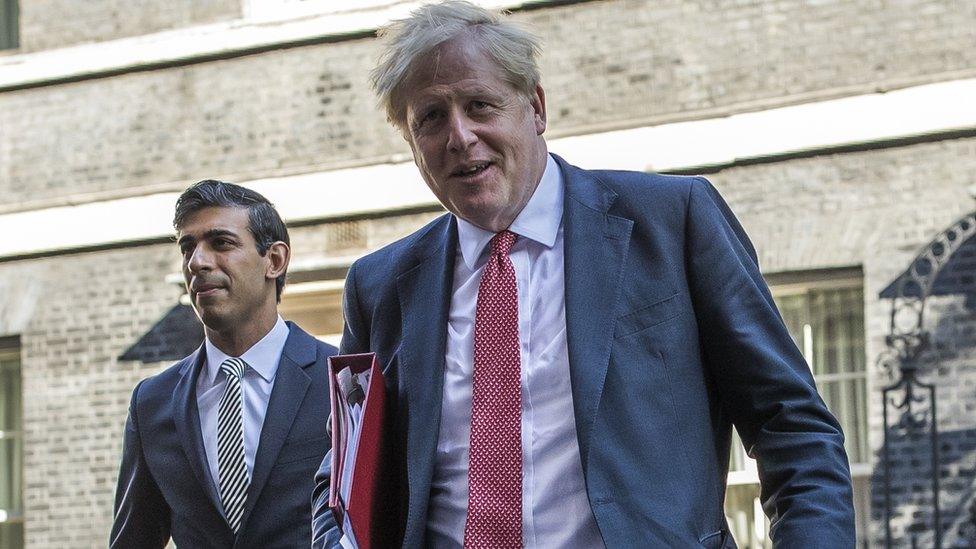Partygate: How did the Metropolitan Police decide who to fine?
- Published
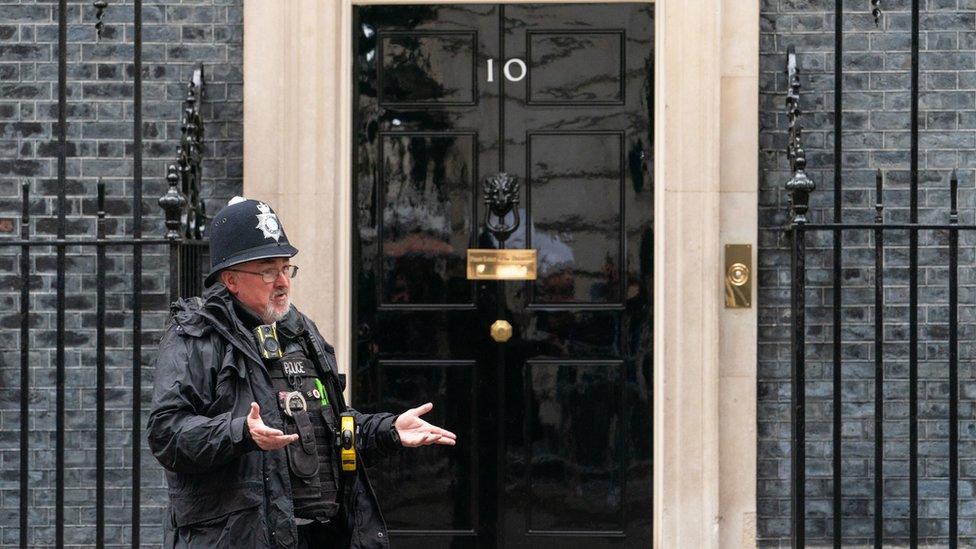
The 12 detectives at the heart of the Metropolitan Police's investigation into Downing Street and Cabinet Office parties have had to wade through an ever-shifting morass of rules.
It's led to some people getting no Fixed Penalty Notices (FPNs), while at least one person got five.
A total of 83 people have been given 126 fines between them, for events on eight different dates.
Prime Minister Boris Johnson got fined for eating birthday cake but was not fined for other parties he went to.
So how did the detectives working on the investigation the Met named Operation Hillman, external decide who to fine and when?
Scotland Yard does not want to discuss the details of individual cases but it is possible to read between the lines, a bit.
Let's take the birthday cake gathering on 19 June 2020.
This was not people eating cake during the cabinet meeting, which would have been allowed. It was a separate gathering before cabinet, and some of the people - such as the prime minister's wife - were only there for the cake.
So this was an indoor gathering of more than two people with no reasonable excuse for anyone, and a breach of the Health Protection (Coronavirus, Restrictions) Regulations 2020.
The result was that the prime minister, his wife Carrie, and the Chancellor Rishi Sunak all got FPNs, as presumably did everyone else there. So far so simple.
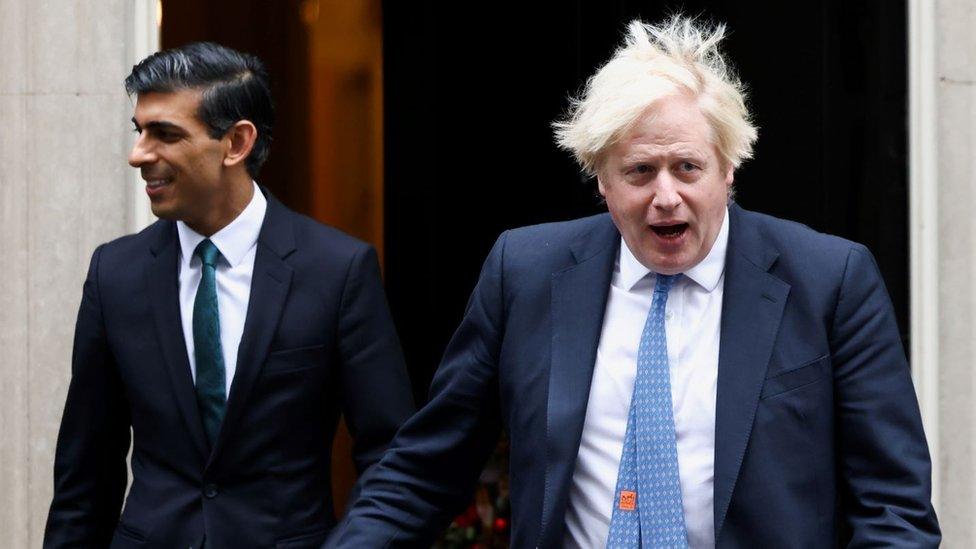
Chancellor Rishi Sunak and Prime Minister Boris Johnson - and his wife Carrie - were fined over the PM's birthday party
But after that it gets complicated. Mr Johnson was present at some of the other parties, at least for a short period of time. Why has he been given only one fine?
It seems the police were weighing up a number of factors - the nature of the party when it started, each individual's excuse for being there, and whether the party morphed then into something else.
In more formal language Scotland Yard said it looked at "how many people the gathering consisted of, whether the gathering was considered to satisfy an applicable exception prescribed by the regulations and, if not, whether the individual had a reasonable excuse for participating in that gathering".
Let's take a leaving drinks gathering as an example. This could be described as a work-related event, if all the people there just stayed for a few minutes at the end of a working day. So those people who were there for a short period and did not come in specially, or from another department, might claim to have a reasonable excuse.
But people who came into Downing Street for the party - and the party only - could have been issued FPNs. If the party stopped being a few drinks around the desks, and changed in character into something more raucous, then anyone who stayed on might also find themselves being given FPNs.
In a statement the Metropolitan Police said: "Each line of inquiry looked at the date, the circumstances behind each event, and the actions of the individual, benchmarked against the legislation at that time, to establish whether their behaviour met the criminal threshold for an FPN referral to be made.
"We took great care to ensure that for each referral we had the necessary evidence to prosecute the FPN at court, were it not paid."
So in the end we may never know for sure how the Metropolitan Police made its decisions, unless one of the FPNs goes unpaid. In which case the police will have to explain their decision in court.

A NATIONAL SCANDAL: A boy whose dream was twisted into a nightmare
FOUR MURDERS, FOUR DECADES: Investigating the aftermath of each unsolved case

- Published19 May 2022
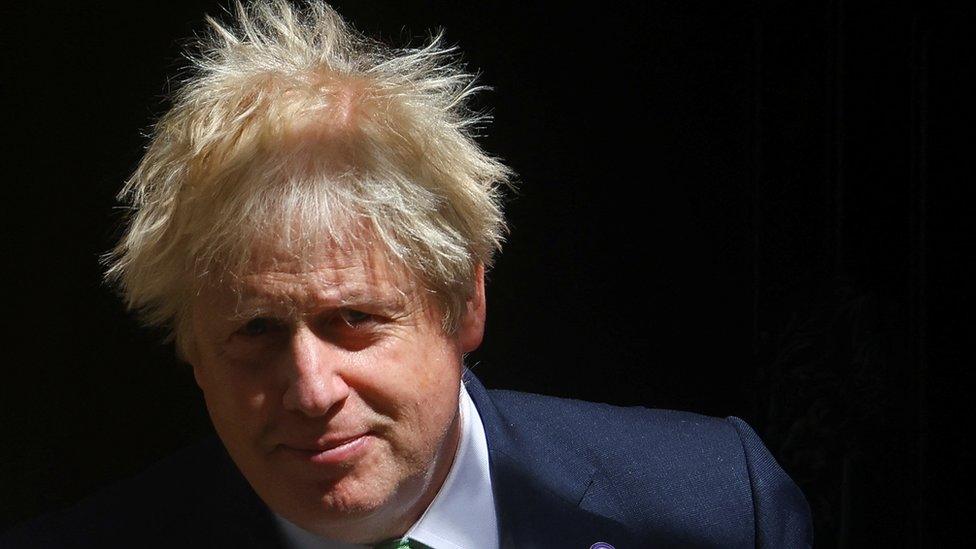
- Published19 May 2022
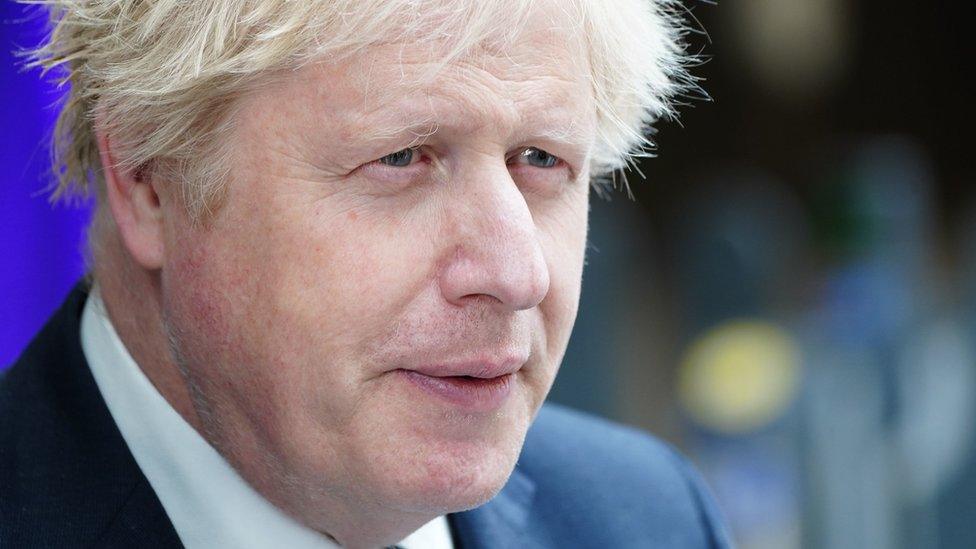
- Published21 March 2023
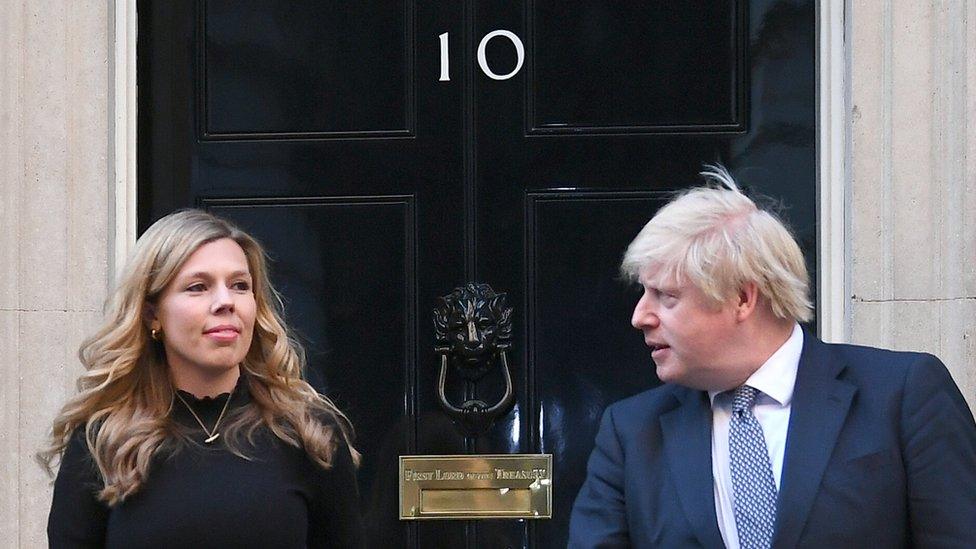
- Published25 May 2022
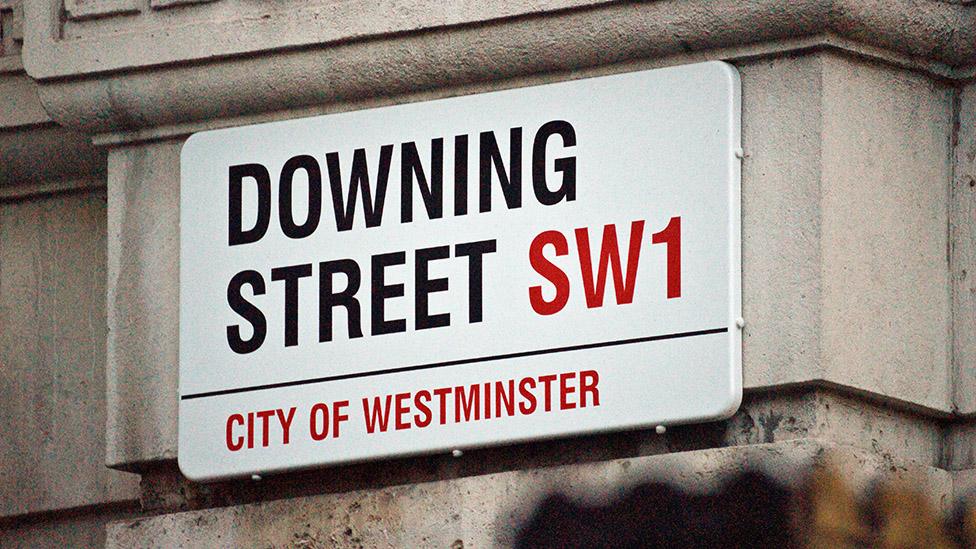
- Published27 May 2022
